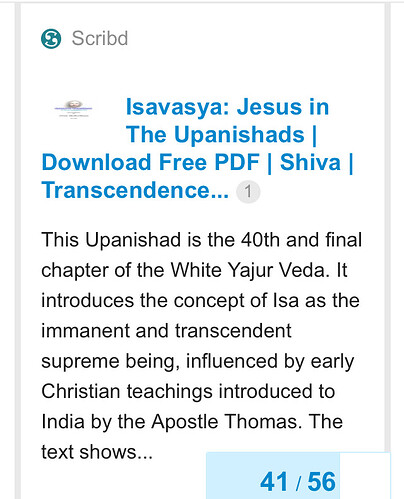Spinoza’s ‘‘rational egotism’’ which is the best way to describe it,
neglects an important aspect of human existence…
that it misses what is arguably the most important
aspect of what makes life worth living… the emotional
aspects… of love, of esteem, of a sense of belonging…
the psychological aspects of being human…
for example, love… love is messy, chaotic, full of ups and
downs… love cannot be described in any way, shape,
or form, as being rational… and those who proclaim
to love god… is their love of god, also messy and chaotic and
wildly random…if not, I would suggest that that is not
love of god but love of something else… more an
avoidance of the ills of not fulfilling the laws of god…
fear of hell is not the same as love of god…to engage
in something based on the rewards and/or punishments
is not love… nor is fear of hell the same as the love of god…
a ‘‘rational’’ love of god is mild, balanced, rational… nothing
like the love of one person toward another…
I question the premise of a rational, logical love of god…
because that doesn’t sound like love to me…
but that leaves us with a problem…
a philosophical problem, but nevertheless a problem…
that Spinoza calls for a rational love of god…
as does Plato and even Aristotle… but what are
the benefits of a logical, rational love of god?
love, true love is passionate, emotional, wild and
unstable… and how does the love of inanimate
objects such as money, fame, power, material goods
and titles, become true love? for those inanimate
objects cannot offer us anything in return…we project
our own passions and feelings into the inanimate object,
but the inanimate object itself has no output…
thus, if one says, they are in love with an inanimate
object, like money, they are really in love with their
own projection of what money is/does…
for money itself gives us nothing at all…
it is just a green piece of paper, nothing more…
and if it is invested with anything more, that comes
from our own projection to money…
and I hold that much of the malaise of America comes
from this projection into objects, inanimate objects that
we project will give us something that we lack…
something that we need… but in truth, we only
need the basic needs of body and mind…
food, water, shelter, health care, education
and the psychological needs of love, esteem,
a sense of belonging, of safety/security…
and what does the rational love of god, fit into this
necessary needs of human beings?
what satisfaction can come from meeting needs that
are not basic or primary to the human condition?
and trying to gain needs from inanimate objects
is the path to failure…inanimate objects cannot
meet our bodily or psychological needs because
they are inanimate objects, with no ability to give us what
we need because its being inanimate…
we respond to other life forms because they can
meet our needs on some level… a dog can meet
many of our primary psychological needs, but
can money or a new car, inanimate objects
do anything but be reflections of our own projections
onto those inanimate objects…
Kropotkin
